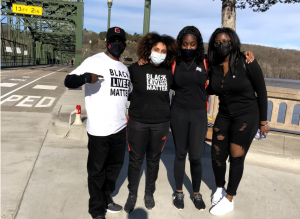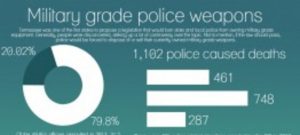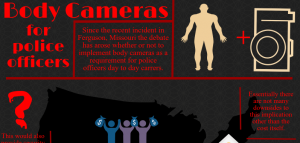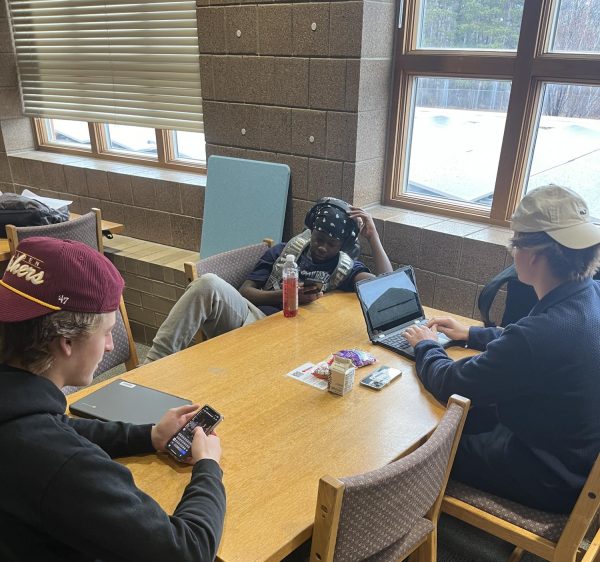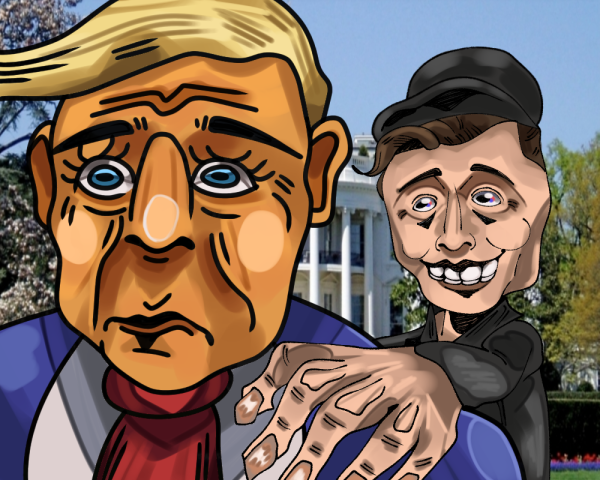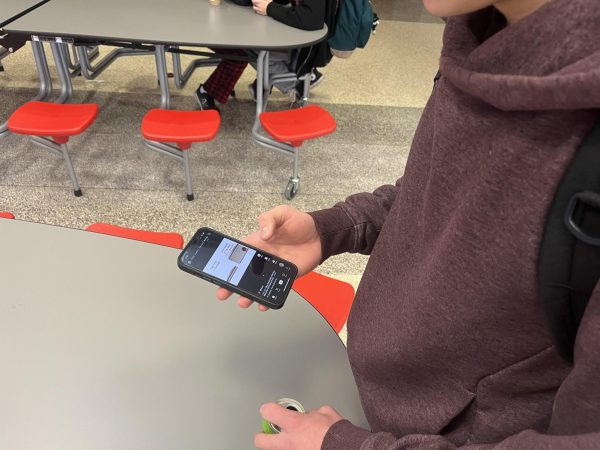Tyre Nichols, the fight against police brutality

Black man protest along side other black lives matter protestors while holding a sign saying, “How Many More #BLM.” Though the black lives matter movement brought equal rights in the late 1960s, people are still fighting for equal treatment of African Americans
On Jan 7, 2023, tragedy struck the hearts of many when a 29-year-old black man, Tyre Nichols, was assaulted and beaten by five black police officers in Memphis, TN. The abuse of power was the result of a traffic stop gone wrong when an officer drew his firearm and began taunting Nichols seemingly without reason, though he was originally pulled over for reckless driving. Nichols was hospitalized for three days in critical condition before his passing on Jan 10. These atrocious acts have resulted in the incarceration of all five officers, who have been charged with second degree murder and a plethora of other charges. However, when it comes to matters such as these, justice can never quite be served.
“Is justice ever served in an instance like this? Will the victim ever get their life back? Will the family and friends ever get their loved one back? Can any punishment or repercussion ever be defined as “justice” in situations like this,” social studies teacher, Wayne Perkins, stated when asked about how justice could possibly be served to console the families of police brutality.
And rightfully so. These officers aren’t anywhere where their loved ones cannot visit them if they so please. Locked behind bars and a feet of cement. Stripped of their sense of normalcy, of course. However, there are no more memories able to be made with loved ones for the victims of police brutality. Their loved ones are forced to cling on to photos and search for reminders of them in sunsets.
Upon first hearing about this horrific incident, people were left speechless. The utter brutality and inhumanity of the officers stunned those who heard about the heartbreaking event. Senior, Tashiaunna McGhee said her initial reaction was disbelief.
“I didn’t believe it at first to be honest. You know since they were African American police officers and they have more of a reason to, you know, not hurt their own people. But after seeing the cops do that I came to the realization that maybe it is not the people necessarily. Maybe it is just the training [the officers received],” McGee said.
McGhee is not alone in her confusion. Many people are beginning to see just how divisive the Blue v. Black Lives Matter movements are, particularly due to the fact that the Blue Lives Matter protests came about in contradiction to the Black Lives Matter movement. That being said, many people have turned their attention to speak on a different matter entirely. They are focused on the lives in which victims of police brutality lived.
Nichols, a father, son, photographer, lover of sunsets and skateboarder, is remembered by his loved ones as a cheerful, loving and warm person. The skating community can be seen speaking out against police brutality in both L.A and Memphis, but also be seen making it a priority to talk about Nichols’ life. Nichols’ loved ones, along with the skating community feel it is necessary to let the world know who he truly was.
Nichols was raised in Sacramento, CA and was a father to a four-year-old little boy. Nichols went to Memphis just before the first Covid-19 lockdown and moved in with his mother and stepfather. There he got a job with FedEx, but continued to pursue his true passions, photography and skateboarding. Nichols “loved his mother to death” and even had a tattoo of her name on his arm. Nichols lived a life full of laughter and love and cherished every moment with his family.
An article written by Niloufar Haidari for The Guardian, highlights the importance of remembering the victims lives and not solely the trauma they endured.
When questioned why she believes people should make it a priority to honor the lives of victims of police brutality, sophomore Grace Connors said, “when you only focus on the bad things that happen to people [and these things] are generally similar, you lose the individuality of the person. People deserve to be celebrated for their lives instead of the horrible things that happened to them. It is also important to stop minimizing people of color only to the horrible things that have happened to them.”
Connors is correct. There needs to be a change in the narrative. These victims can not be striped of their individuality just to become another statistic. When people begin to start seeing these victims as more than just the atrocities that happened to them, society will begin to see real change.


